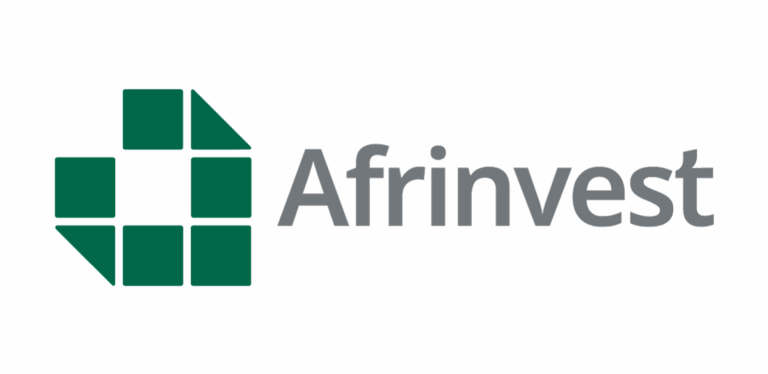Nigeria’s ambition of transforming into a $1 trillion economy by 2030 may be more fantasy than forecast, according to investment analysts at Afrinvest. The firm warns that unless the country dismantles its most persistent barriers—runaway inflation, crippled oil output, and chronic power shortages—President Tinubu’s trillion-dollar promise will remain out of reach.
Reform measures such as subsidy removal, currency liberalisation, and aggressive revenue drives have opened a path for growth, but Afrinvest argues that progress is crawling at 3–4% annually, far below the 7% momentum required to hit the 2030 mark. The message is clear: without deeper, targeted reforms in energy, oil, and food security, the economy lacks the firepower to quadruple in size within the decade.
For small and medium-sized enterprises (SMEs)—the lifeblood of Nigeria’s economy—the warning signs are even starker. Spiraling prices, erratic electricity supply, and foreign exchange instability are choking competitiveness and discouraging fresh investment. Afrinvest urges government to move faster in stabilising power, strengthening food systems, ensuring FX consistency, and building a business climate that allows SMEs to scale across the African Continental Free Trade Area (AfCFTA).
The trillion-dollar milestone may be a bold vision, but Afrinvest’s outlook suggests that only decisive structural changes—not lofty targets—will determine whether Nigeria crosses it.

